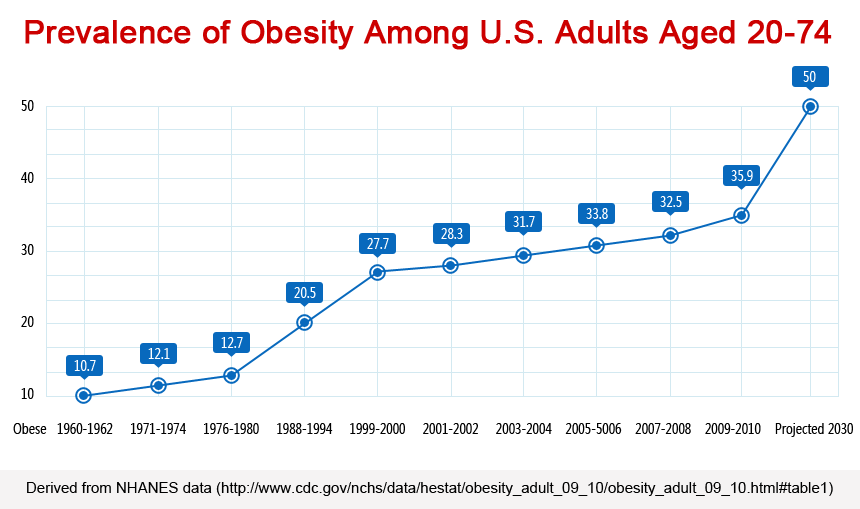The traditional health system in this country sucks. I mean, royally blows. It's pathetically broken.
I've been having a fun time with high blood sugars. And by high, I mean 120-200, which is by no means crazy high. Ever since I started my anti-diet (I had bacon fried in oil, topped with guacamole for breakfast), I have had really good control, and very few highs over 150.
Starting two days ago, my blood sugar started getting really stubborn and would not be nudged down with insulin. I took far higher doses than normal, but still no dice. I corrected for a BG of 180 with 3 units (each unit brings it down 35 points), so it should go down to 75.
Didn't happen. Only got down to 160.
No matter what I tried (short of crazy dosing with 10 units--I didn't try this as it would likely kill me), the BG stayed high, or came down temporarily and bounced back up.
Like a good diabetic, I called my endo yesterday morning. I explained it to the nurse (remember, a nurse in the clinic once told me that I could ease up on testing now that my A1c was 6.1).
"My blood sugars are not responding to insulin," I explained. "I've taken twice as much insulin as would normally be needed, plus a max dose of symlin. I haven't eaten anything carby, and still the BG is not budging. I don't know what it could be -- my insulin, my pump, perhaps I'm getting sick, maybe it's my time of the month... I am concerned that I might be in ketoacidosis. Here's what I've done: I've increased my basal rate by 35% and am drinking lots of water."
She said someone would get back to me.
NOBODY GOT BACK TO ME.
I called back in the afternoon.
"Oh yeah," I was told. "Your message is in the system."
Oh crap. Now I know I'm doomed.
NOBODY GOT BACK TO ME.
Here I am, potentially stewing in my own toxic acidic blood, and "my message is in the system."
Taking matters into my own hands (and after polling the myglu.org community), I went and did some yoga flows and strength training to get my blood flowing. By the time I was done, my levels were below 60.
OK. I can deal with lows. I turned my pump off for an hour, and it came back up slowly. The night was OK, never went above 125. Woke up this morning, went to work out, blood sugars are looking good.
Then, after eating breakfast (bacon and guac) and sitting down to work for an hour, the stubborn BGs are BACK! My blood glucose was 180. I took a total of 8.8 units (6.8 through the pump, and an additional 2 injected just to make sure it was getting in, plus 60mcg Symlin), and it only came down to 140! WTF, as my husband put it.
I called the clinic back. She said, alright, she'll make sure the doctor gets the message and will get back to me. I told her to note that I understand that they do not approve of my diet, but they will never convince me to go off it.
A few hours later, here is the call I receive from a nurse in the clinic:
Starts out with a disclaimer: "We do not recommend the zero carb diet, but if patient wants assurances that she is not in DKA, she can come in and take a ketone test. I recommend increasing her basal rate by 0.1 units and setting an alarm for 3:30am to wake up and test to make sure she isn't low.
I recommend the patient see if she is eligible for the continuous glucose monitor."
How does one describe the biggest pile of stinking, unhelpful dogcrap ever known to pass as "patient care?"
There are so many things wrong with this. It should be obvious, but I'll still take the time to outline why there are so many problems with this chain of events.
- If the doctor is too busy to deal with patients, he should not have any patients.
- This is the very doctor who prescribed me the CGM, so his advice to get one is just pure laziness on his part.
- Really, doc? You thought I was calling to ask what my basal rate should be set at? Do people still do that? Did you not get the part of the message that I had to relay through 3 different nurses that I already upped my basal by 35%
- Lastly, and I say this with the utmost patience, it is not a ZERO carb diet. That is next to impossible to achieve. It's a 30-50g carb diet. But thanks for your accuracy and your malpractice concern.
I said thank you to the nurse, who clearly didn't know what the hell she was talking about and at several points in the conversation, actually said, "that's what the note says."
I also expressed some of the points outlined above and said, as I'll say again, THIS IS NOT CARE.
Here's my unsolicited advice. Get a doctor you like and who works with you, even if they are out of network or not covered. Honestly. I called my new doc, he called back right away. He took a moment to tell me sorry for the frustration I was experiencing, and brainstormed a series of events to try to make sure I was dealing with the problem (switch to long-acting to make sure it's not the pump's fault), and insisted that I check back in with him later in the day.
